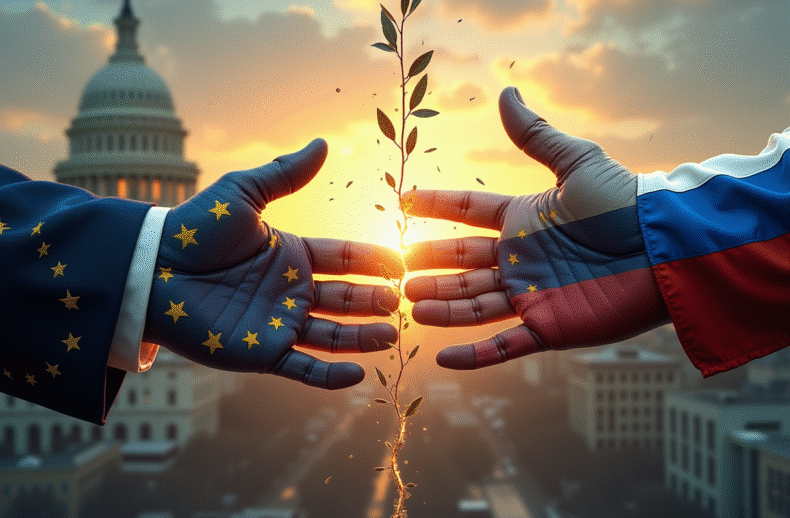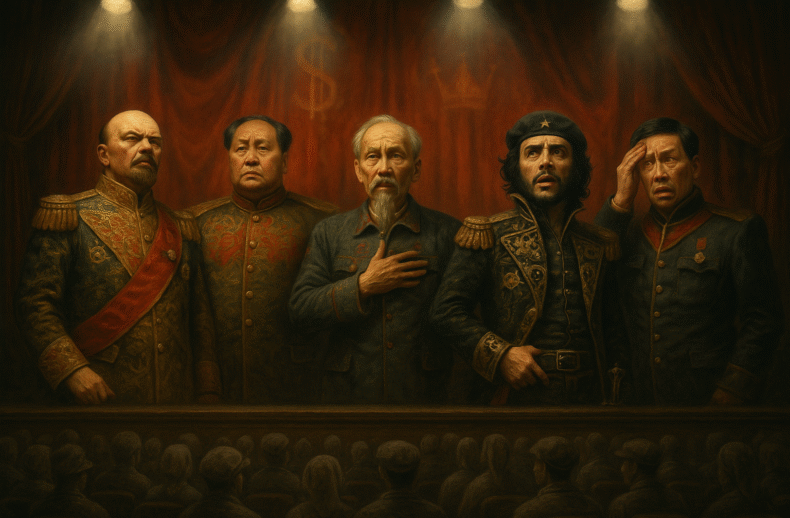This essay challenges mainstream perceptions of Russia as an existential threat to Germany by uncovering the psychological and structural mechanisms behind modern geopolitical tension. It explores how recognition-seeking behavior among political and military actors—amplified through delegation and media—leads to misinterpreted symbolic actions and unnecessary escalation. Rather than preparing for war, many hybrid actions serve internal loyalty performances. The text offers an alternative path based on trust-building, silent diplomacy, and mutually beneficial cooperation, particularly as BRICS nations begin to erode U.S. global hegemony.











